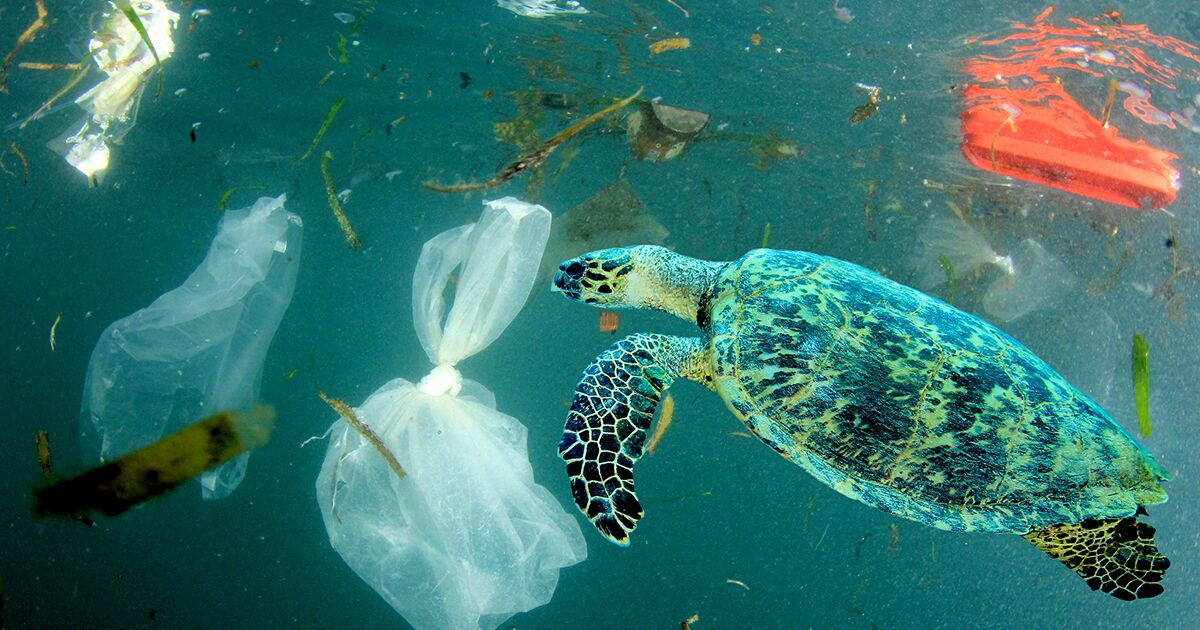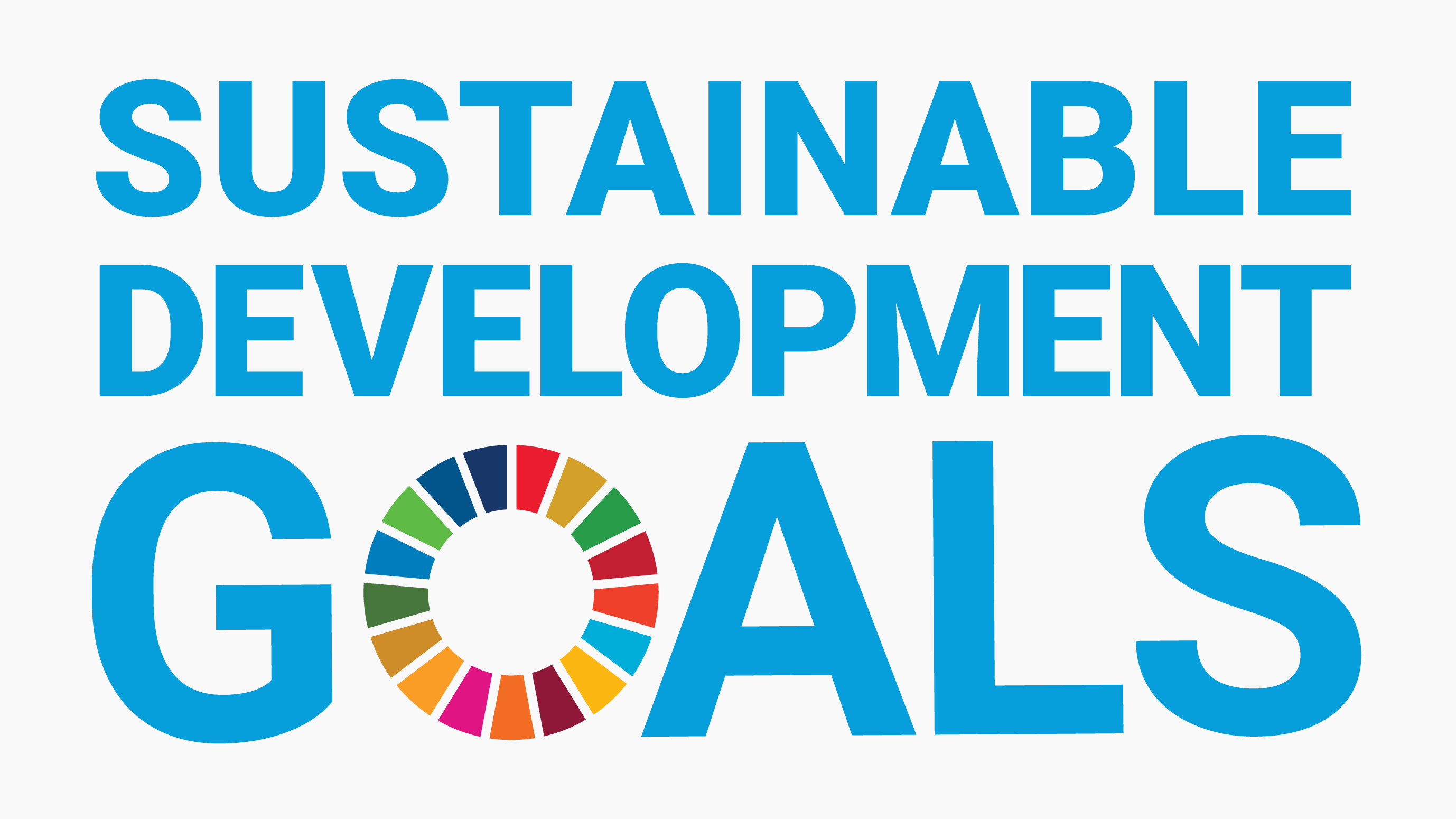Marine White Pollution: Exploration of International Policies and Measures

The invention and use of plastic have greatly facilitated people’s lives, but at the same time, the random disposal of plastic products has also made it one of the sources of environmental pollution. It is a recognized fact that plastic is a main resource of marine garbage and pollution. On June 23, 2014, the “UN Environment 2014 Yearbook” and “Assessing the Value of Plastics” two reports released at the first United Nations Environment Assembly pointed out that the increasing amount of marine plastic waste has heavily damaged the marine ecological environment, the survival and diversity of marine organisms, the offshore aquaculture fishery and tourism. The economic cost of plastic waste to marine ecosystems is conservatively estimated at $13 billion a year.
The damage of plastic pollution to the marine ecological environment mainly includes: marine organisms would cause disease or death after ingesting plastic; plastic would entangle dolphins and whales and other organisms; it would destroy important marine life habitats such as coral reefs; the surfaces of plastic can absorb many persistent organisms pollutants(POPs), which have an impact on the health of marine organisms; the drift process of plastic debris would increase chances of invasion by alien species and have a potential impact on biodiversity.
Under such a severe situation, countries all over the world have begun to pay attention to and focus on the marine plastic pollution problem, and have conducted extensive research. The United States has taken the lead in proposing a method for calculating the amount of marine plastic waste and an evaluation method for plastic waste classification, and it has been continuously improved. On November 25, 2017, President Peña of Mexico signed a decree announcing the establishment of a marine protected area in the Revela Gudido Islands in the Pacific Ocean, which is the largest marine nature reserve in North America. On December 20, 2016, the British government held a constitution hearing on the ban on the use of plastic microbeads and proposed to implement the ban in October 2017. The UK will make the reduction of plastic pollution an important goal of the “Twenty-Five-Year Environmental Improvement Plan”.
Marine plastic pollution crosses national and regional boundaries and is a complex global environmental problem. We will continue to promote joint actions by governments of various countries, and make unremitting efforts to prevent and reduce marine waste such as waste plastics, and deal with plastic waste in the ocean together.
About Us
Institute of International Exchange is an international non-governmental and non-profit organization. We hope to build an equal and friendly platform for exchanges and cooperation around the world.
© 2023 Institute of International Exchange




